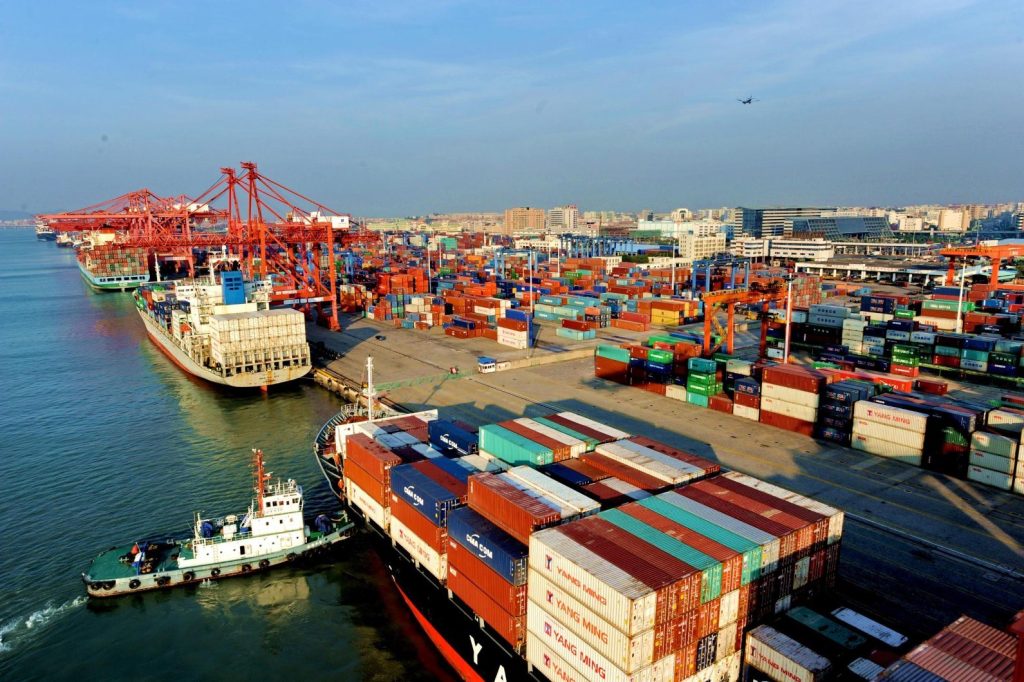In a recent exclusive interview with HSTV, former opposition legislator and renowned economist Eddie Cross made a groundbreaking revelation about the notable businessman Kudakwashe Tagwirei. Cross disclosed that Tagwirei has officially severed ties with Kuvimba Mining House, marking a significant shift in his business portfolio.
According to Cross, Tagwirei has not only divested his stake in Kuvimba Mining House but has also sold off his interests in the fuel sector, including the Feruka pipeline. “Kuda was kuvimba. He utilized the proceeds from the fuel business, selling off his assets and relinquishing his 50 percent stake in the pipeline to NOIC, who subsequently bought him out. He amassed a substantial fortune from these transactions, investing in various properties and ultimately channeling his resources into Kuvimba. However, the reins of Kuvimba have now been taken over by the Mutapa Investment Fund,” Cross elaborated, shedding light on Tagwirei’s strategic business moves.
Under the stewardship of the Mutapa Investment Fund, a conglomerate of over twenty companies has been formed, encompassing key players such as Kuvimba Mining House, ZESA Holdings, HomeLink, Fidelity Gold Refinery, National Railways of Zimbabwe (NRZ), and Air Zimbabwe. Cross underscored Tagwirei’s remarkable journey to billionaire status, attributing his success in the fuel industry to his acumen and business prowess. “It was not his political connections that propelled him to wealth. Kuda’s success in the fuel sector speaks volumes about his intellect and strategic vision,” Cross emphasized.
Dispelling misconceptions surrounding Tagwirei’s wealth accumulation through government initiatives like command agriculture, Cross highlighted the entrepreneur’s significant contributions to the fuel industry. “He was the owner of a prominent fuel company, which was later acquired by Trafigura, propelling him to a directorial position and expanding the business manifold. Trafigura, being one of the world’s largest trading companies, played a pivotal role in his success,” Cross revealed.
Furthermore, Cross shed light on Tagwirei’s diversification strategy, indicating his foray into new ventures beyond the fuel sector. Drawing from his own experiences, Cross recounted a decade-long battle against Tagwirei’s dominance in the country’s fuel pipeline sector. He advocated for the establishment of a secondary pipeline from Beira, Mozambique to Harare, challenging Tagwirei’s monopoly.
Government officials echoed Cross’s sentiments, reiterating their commitment to maintaining state control over critical infrastructure such as the fuel pipeline. The emphasis on regulatory oversight underscores the government’s stance on preventing private entities from monopolizing essential services.
In conclusion, Cross’s revelations offer a comprehensive insight into Tagwirei’s business trajectory, highlighting his evolution from a fuel industry magnate to a diversified investor. The strategic realignment of his business interests underscores Tagwirei’s adaptability and foresight in navigating the ever-changing economic landscape.



